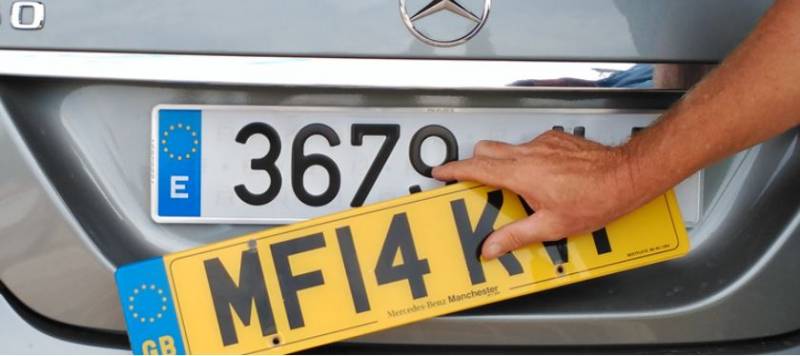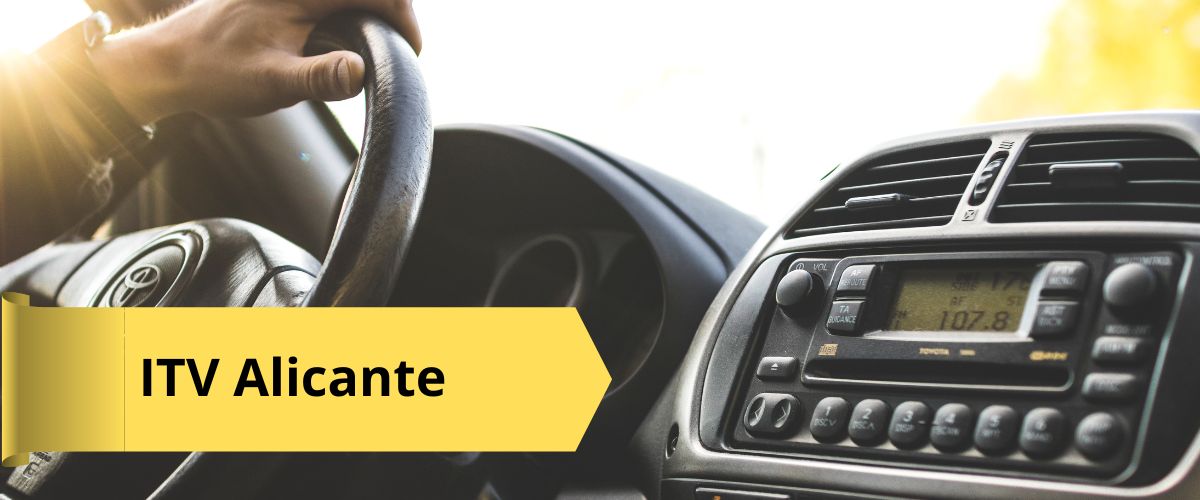Typical Obstacles Dealt With Throughout Foreign Lorry Registrations and Just How to Overcome Them
Navigating the complexities of foreign vehicle enrollments can be a complicated job, filled with obstacles that vary substantially across territories. Issues such as understanding neighborhood regulations, getting rid of language barriers in necessary paperwork, and integrating discrepancies in car specs frequently develop. Recognizing tax obligation effects and compliance with security requirements can additionally complicate the process. By examining reliable methods to attend to these challenges, people can much better place themselves for a smoother enrollment experience. The inquiry continues to be: what details actions can be required to minimize these usual challenges?

Comprehending Neighborhood Laws
Navigating the complexities of international lorry registration begins with an extensive understanding of regional policies. Each nation has its specific regulations and requirements controling the registration of automobiles, which can differ substantially from one jurisdiction to an additional (Register a foreign Vehicle in Spain). It is critical for foreign vehicle owners to familiarize themselves with these policies to make sure conformity and prevent possible fines or lawful problems

In addition, some jurisdictions mandate vehicle assessments to establish compliance with regional safety and discharges standards. This could require modifications to the vehicle before it can be legitimately signed up. Involving with neighborhood authorities or talking to lawful experts can provide quality on these laws.
Language Obstacles in Documents
Language barriers pose substantial obstacles when it concerns the documentation needed for international vehicle enrollment. Numerous individuals encounter problems in comprehending the specific requirements described in regional laws, as these papers are frequently released in the official language of the host nation. Misinterpretations can result in the entry of wrong or insufficient documentation, resulting in delays or denial of enrollment.
Furthermore, crucial records, such as title actions, evidence of possession, and insurance plan, might not have easily offered translations - Register a foreign Vehicle in Spain. This can create confusion for foreign vehicle proprietors that are unfamiliar with the neighborhood terms and legal lingo. Therefore, navigating the enrollment procedure ends up being cumbersome, frequently needing added effort and time to make certain conformity
To reduce these concerns, it is a good idea for international automobile owners to seek expert translation services or consult local experts that can help in recognizing the requisite documentation. Additionally, government companies might provide multilingual sources or guidelines to promote the enrollment process. Proactively addressing language obstacles can streamline the registration experience, making certain that all needed documents are accurately prepared and sent straight from the source in accordance with neighborhood laws.
Automobile Spec Disparities

Coming across vehicle requirements inconsistencies can produce significant difficulties for international automobile owners during the enrollment process. These inconsistencies commonly develop from differences in making standards, dimension devices, and regulative needs between the automobile's country of origin and the host country. As an example, a lorry that meets security and emissions standards in one nation may not align with the specs required for registration in one more, resulting in hold-ups or straight-out additional resources denials.
To get over these obstacles, it is essential for foreign vehicle proprietors to carry out complete research prior to initiating the enrollment process. This includes understanding the particular demands set by the local authorities, such as security standards, exhausts levels, and any type of necessary modifications. Engaging with a specialist solution concentrating on foreign lorry registration can likewise provide beneficial insights and assistance in navigating these disparities.
Documents plays a vital function, so making certain that all technical specifications and modifications are precisely reflected in the documentation can reduce problems. Additionally, preserving open communication with local registration authorities can give quality on any kind of possible discrepancies, allowing for timely resolution and effective registration of the car.
Browsing Tax Needs
Recognizing the tax obligation requirements associated with foreign automobile registration is essential for owners looking to adhere to neighborhood laws. Each jurisdiction has particular tax responsibilities that have to be satisfied prior to a lorry can be lawfully signed up. These may include import tasks, value-added taxes (BARREL), and yearly car tax obligations, which can differ dramatically depending upon the car's beginning, value, and specifications.
To navigate these tax obligation demands effectively, vehicle owners need to start by researching the certain taxes relevant in their location. Consulting with neighborhood tax authorities or a tax obligation specialist with experience in international vehicle enrollments can offer clearness on the useful reference procedure and prospective obligations.
Furthermore, it is crucial to keep thorough paperwork of the lorry's purchase and any payments made, as this will certainly be required for tax obligation estimations and possible audits. Owners ought to likewise recognize any deadlines related to tax obligation repayments to stay clear of fines or delays in enrollment.
Examination and Compliance Issues
On a regular basis addressing evaluation and conformity concerns is vital for owners of foreign cars seeking to register them in a new territory. Each area has unique policies pertaining to car security, emissions, and modifications, which can position considerable difficulties for owners unfamiliar with regional standards. Consequently, recognizing these needs is vital to avoid hold-ups and additional expenses.
One common issue emerges when foreign lorries do not satisfy the host territory's safety and security and emissions requirements. Proprietors need to proactively confirm that their automobiles adhere to local policies, which may entail modifications or acquiring needed paperwork from producers. In addition, several jurisdictions call for an extensive inspection by an accredited facility, which can bring about more complications if the vehicle stops working to satisfy given standards.
To navigate these obstacles, owners can consult local lorry registration authorities or look for help from specialists aware of the registration procedure. Preparing all necessary documentation in advance, including previous inspection records and evidence of conformity, can enhance the registration process. Inevitably, complete prep work and awareness of inspection requirements can dramatically improve the chance of an effective international lorry registration.
Conclusion
In recap, the process of international lorry registration involves different challenges, including comprehension of local regulations, language obstacles in paperwork, discrepancies in car specs, navigating of tax obligation demands, and assessment and conformity concerns. Addressing these difficulties demands persistent research study, usage of specialist translation solutions, and consultation with neighborhood authorities. Involving specialized solutions can guarantee adherence to security and emissions requirements, eventually helping with a smoother enrollment procedure and conformity with all relevant obligations.